What is the Fourth Trimester?
Pregnancy is generally referred to as comprising of three trimesters or three periods of three months. In each trimester your baby goes through a different stage of growth, this fourth trimester refers the first three months after birth and development which continues postpartum.
Dr Harvey Karp, who coined the term fourth trimester, explains that given the choice babies would stay in the safety and comfort of the womb to continue their development for another 3 months. The unique evolution of humans, with our big brains and heads, means that we need to be born 'early' with some development left to do outside the womb. Think of the animal kingdom and those baby deer which stumble into the world and are happily grazing after a few minutes ... our evolution means that we are not really ready for the world at birth, meaning newborns need extra special care in those first few months of life as their little bodies and brains continue to develop.

As newborns come into the world they leave a realm of safety; dappled red light, the whooshing of the blood in your arteries along with the gentle and constant movement. The distressing contrast of the bright, noisy world and the dark silence of nap time is confusing and distressing for little ones, and this is why the fourth trimester is the time when your newborn will really learn to exercise their new vocal cords.
While your newborn can see, their vision is blurred; while they can hear, they cannot distinguish individual sounds, this makes the world an overwhelming place for them. Hence, crying. Your little one is more likely to cry during their fourth trimester than at any time in their little life. While some may advocate for letting them 'cry it out', newborns are not being needlessly selfish in this crucial developmental stage. Tending to them when they tell you they need something, be that food or a soothing cuddle, will foster an environment of calm and security which is crucial for learning and development. Little ones learn best, like all of us, when they are feeling comfortable and safe. Creating this environment is as simple as holding them close, and providing a feeling as close to being in the womb as possible.
Newborns do not want to be laid in a motionless bassinet with the lights off. While this might seem soothing to our adult minds, you have to imagine normality for your little one. They want movement, soft light, and most of all, to be close to the familiar sounds of the human body. This is why, often, only mum or dad's arms will do!

What About Parents During the Fourth Trimester?
It is not just your newborn who is adjusting to a new world, as new parents you have gone from being busy individuals to 24/7 carers in the blink of an eye. We should not underestimate the period of change you are also going through in this fourth trimester, new mothers will be recovering from the birth while adjusting to a new reality, while new fathers must embrace their new role and responsibilities. While you are adjusting to this new rollercoaster of emotions - there is your little one not sleeping, feeding every few hours and generally demanding attention. You can see why the temptation to let them self soothe is stong ... but the good news is you both need the same thing: cuddles!
Never underestimate the power of a good cuddle. Cuddles help produce the hormone oxytocin in both parent and child. This hormone is spoken about a lot in the babywearing community as carrying your little one in a sling is a really simple way to get your daily dose. Oxytocin brings relaxation, reduces stress, promotes bonding and development and helps create that special environment so important for you all to feel safe and secure. It has been said that even as adults we need 12 hugs a day to enable emotional growth, just think how beneficial it is for your little one to be held close to you when they ask for it.
Learn more about the power of cuddles

How can Babywearing Help?
Using a baby carrier might seem like a utilitarian choice when you are expecting - a device to get you and your family from A to B; we can't disagree baby carriers enable new parents to get out and about easily (especially when using public transport). However, when taking the information above into consideration baby carriers take on a whole extra dimension.
Many parents will find that their little one will only settle in arms, this is not surprising but it can be tiring! Holding your little one and gently bouncing is a natural way to soothe, and using a baby sling is a great way to get the same effect while saving your arms the strain.
Babies held in carriers have been proven to sleep more and cry less, this is a direct result of the soothing feeling of being held close to the sounds of your body. Safe swaddling is also suggested at this stage of development, and by using a wrap or ring sling you can get a similar effect for your newborn. Cuddled in safe and snug, with you body close and their field of vision kept small and manageable, baby carriers will provide your little one with the familiar and secure environment they crave in the fourth trimester. Feeling like they are back in the womb will allow them to settle into that all-important state of relaxation, letting them continue their mental and physical development.
Babywearing also allows for a steady release of oxytocin perfect for calming you both, using a sling or carrier of any sort allows you to easily get your essential fix of oxytocin, anytime, anywhere.
Skin to skin contact is encouraged in the fourth trimester. Though oxytocin is released whenever your little one is held close, skin to skin also allows for gentle temperature and breathing regulation which helps contribute to both of your states of relaxation and connectedness.

Baby wraps, in particular, can help here, the long lengths of fabric allow you to wrap your little one directly onto your skin, while also covering yourself. This will allow you to potter about the house and get your chores done without startling the neighbours! The great thing about skin to skin contact is that it is easy for dads to do to - both dad and newborn can gain a lot from this essential skin to skin time.
The fourth trimester is an important stage of development, and once understood it provides context for the intense needs of your newborn during these first few months. There are many different approaches to this time but we think care, compassion and cuddles are the way forward for you and your little one.
Learn more about the amazing benefits of babywearing for the fourth trimester and beyond.
Further Reading:
https://happiestbaby.co.uk/blogs/baby/fourth-trimester
https://www.babycentre.co.uk/a25019365/your-baby-and-the-fourth-trimester
https://www.nct.org.uk/baby-toddler/emotional-and-social-development/what-fourth-trimester
https://www.carryingmatters.co.uk/why-carrying-children-matters/
https://www.healthline.com/health/hugging-benefits#4
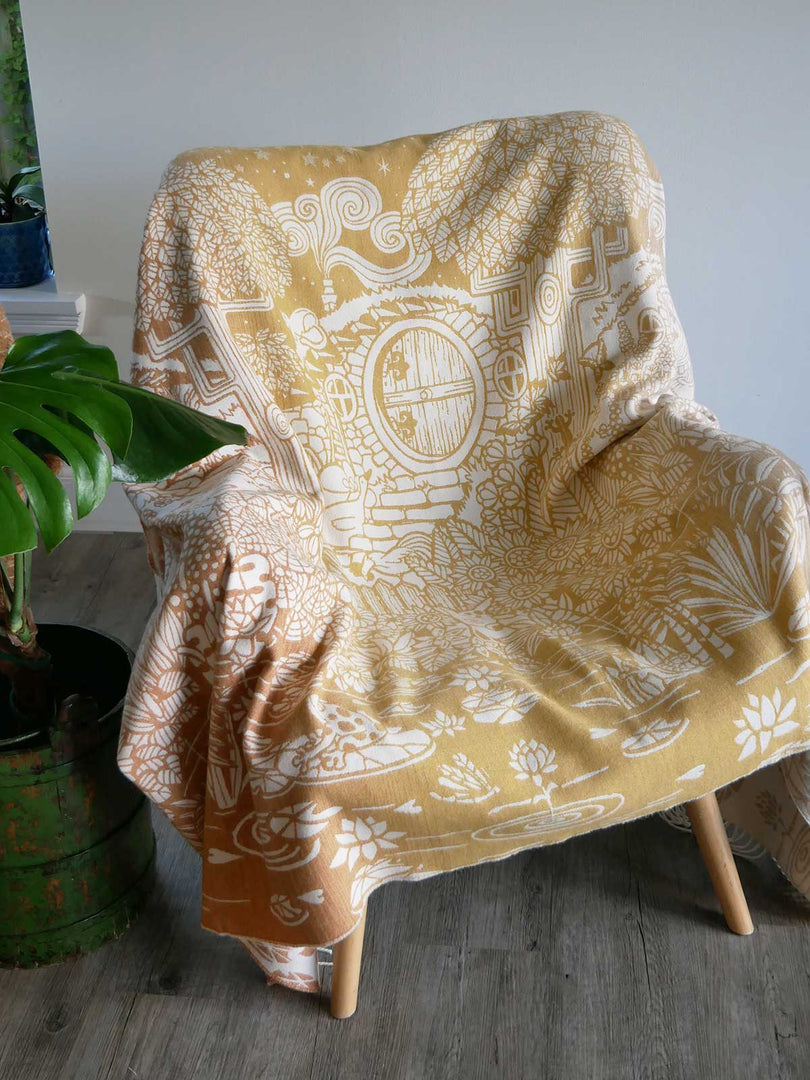

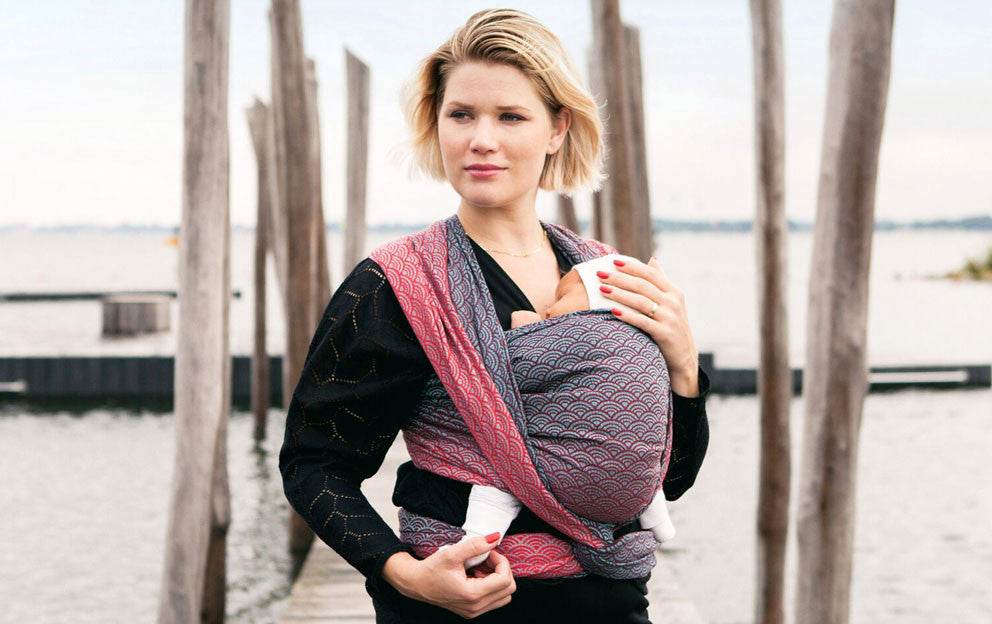



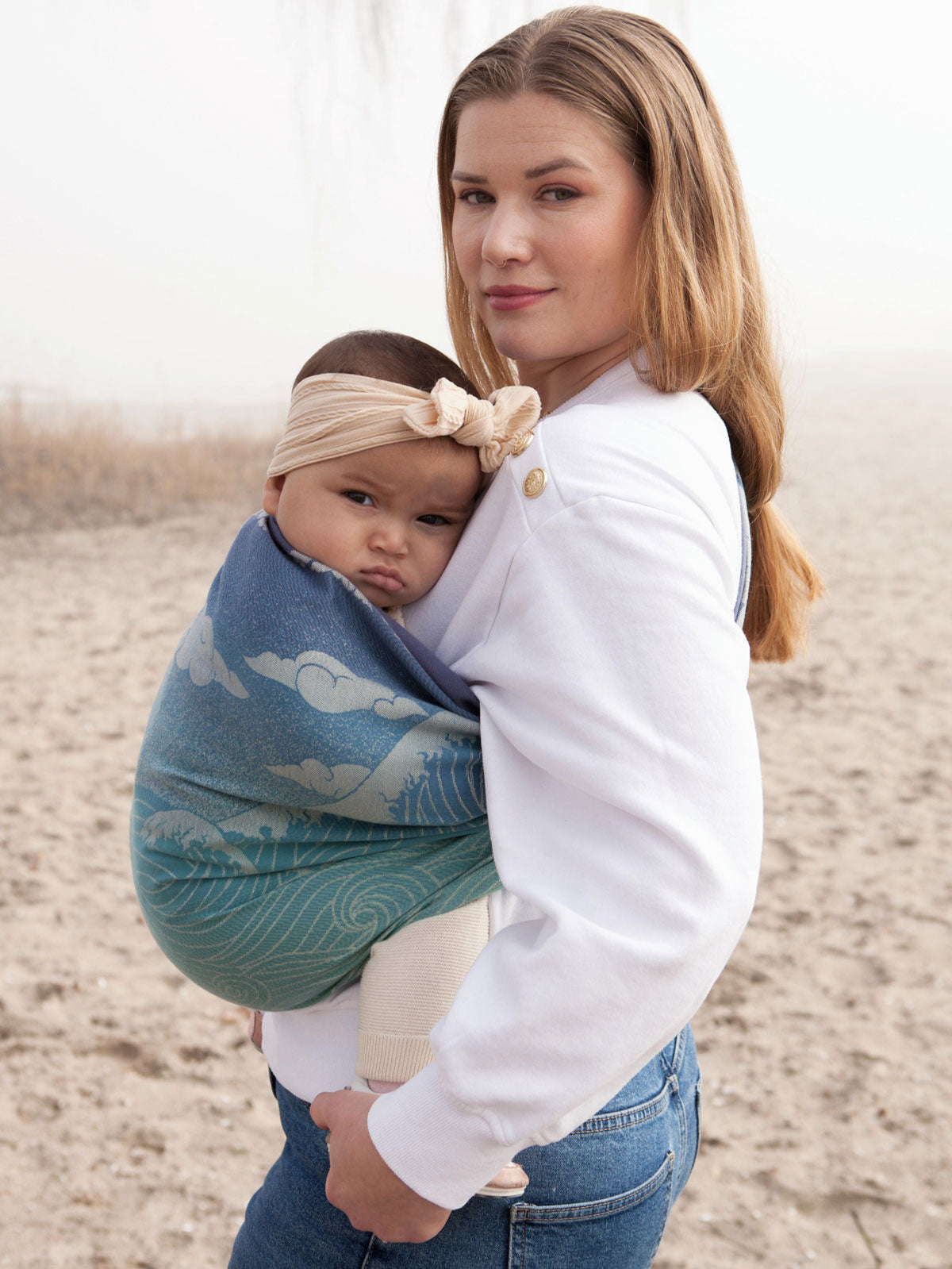
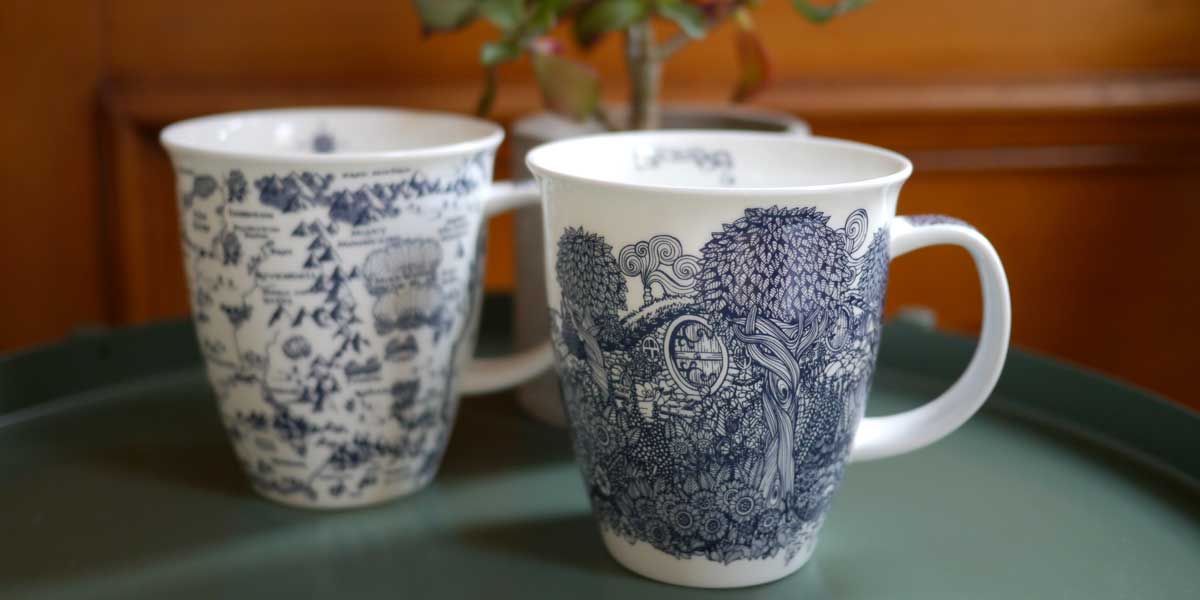
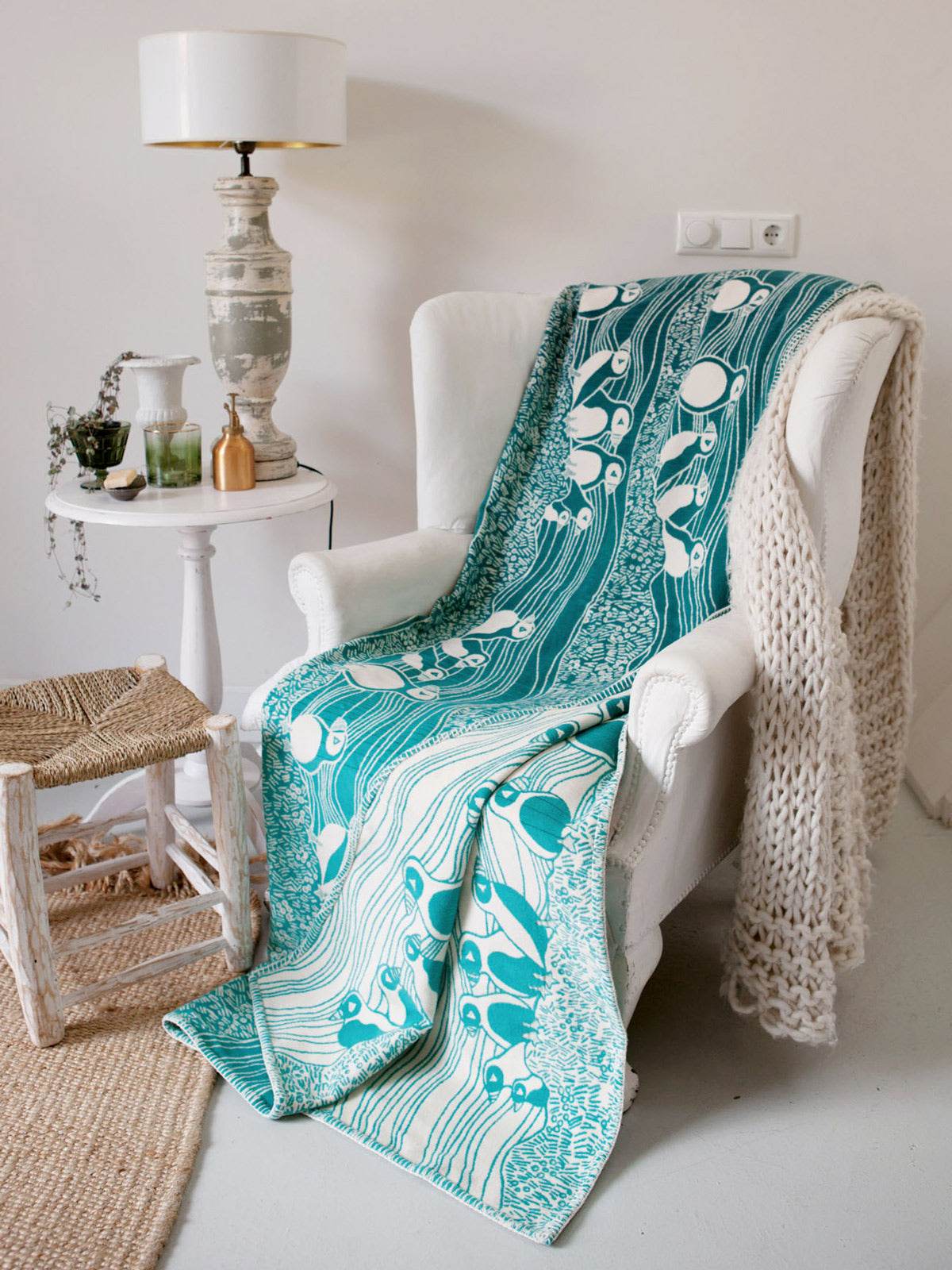
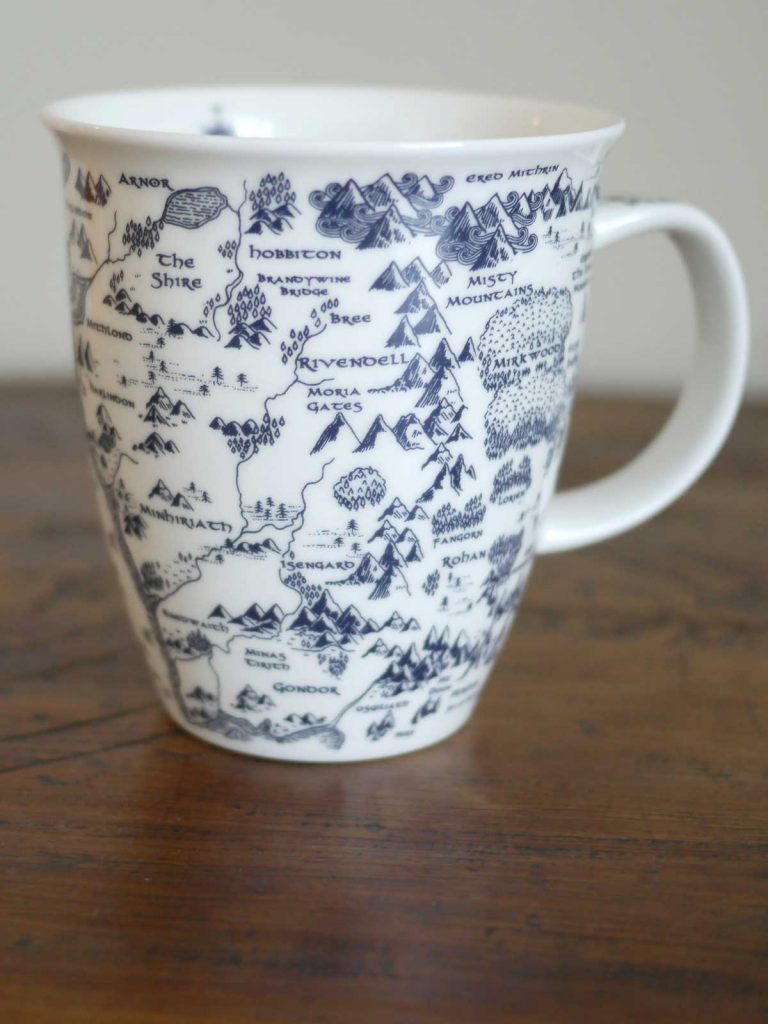
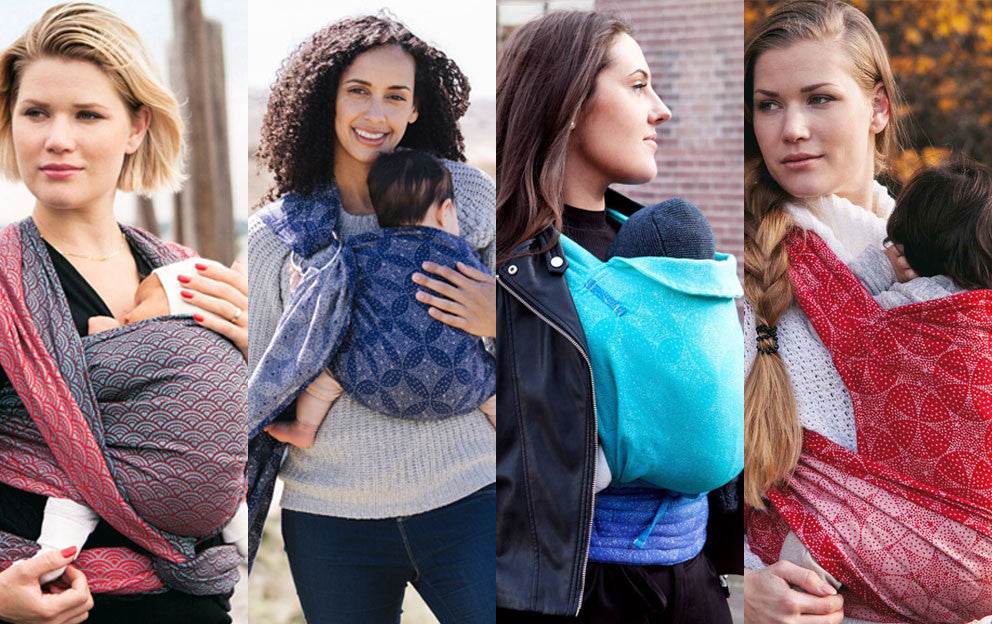
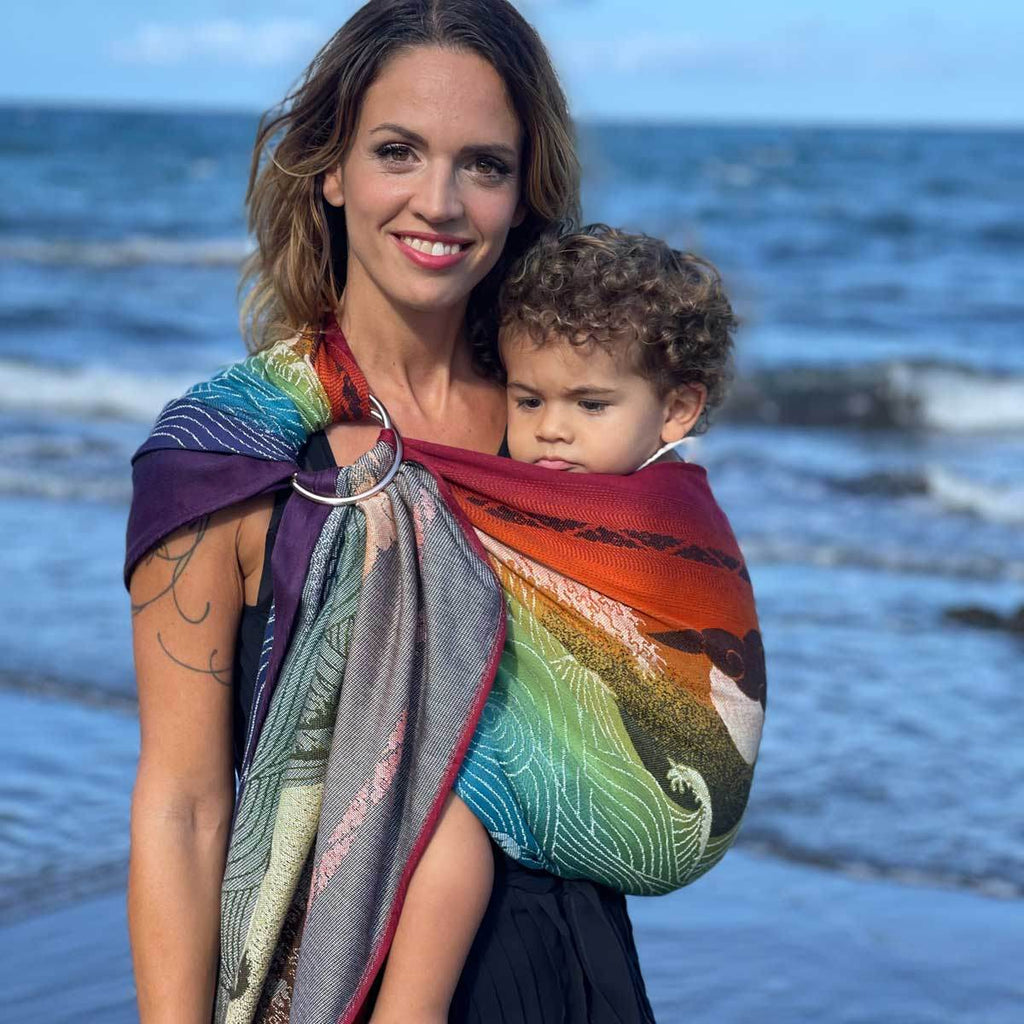
 https://oschaslings.com
https://oschaslings.com